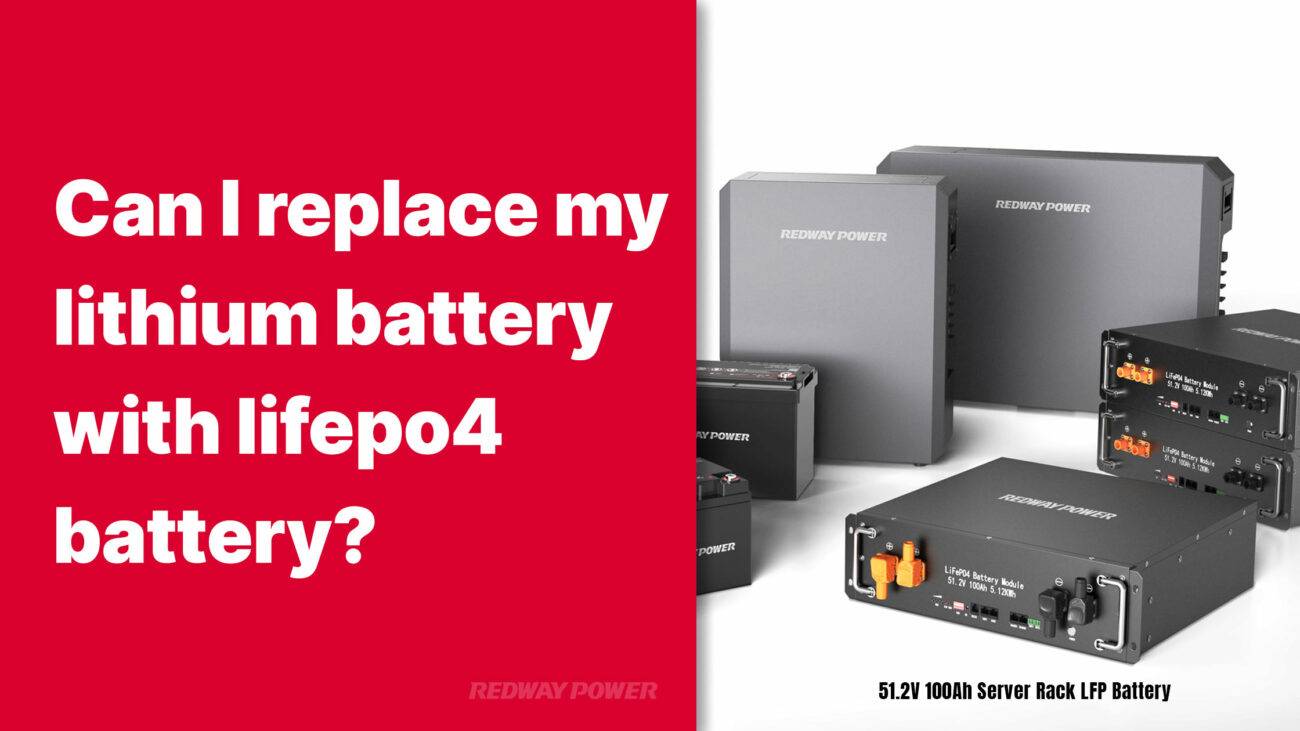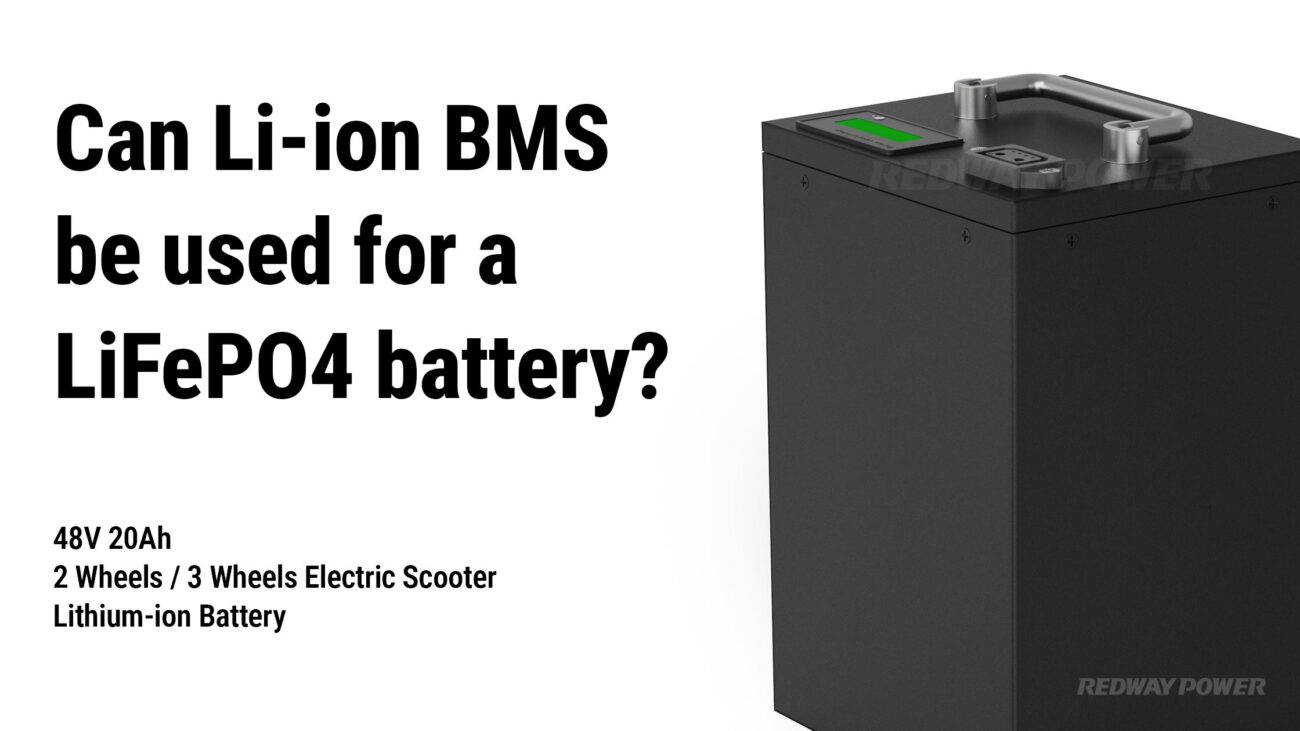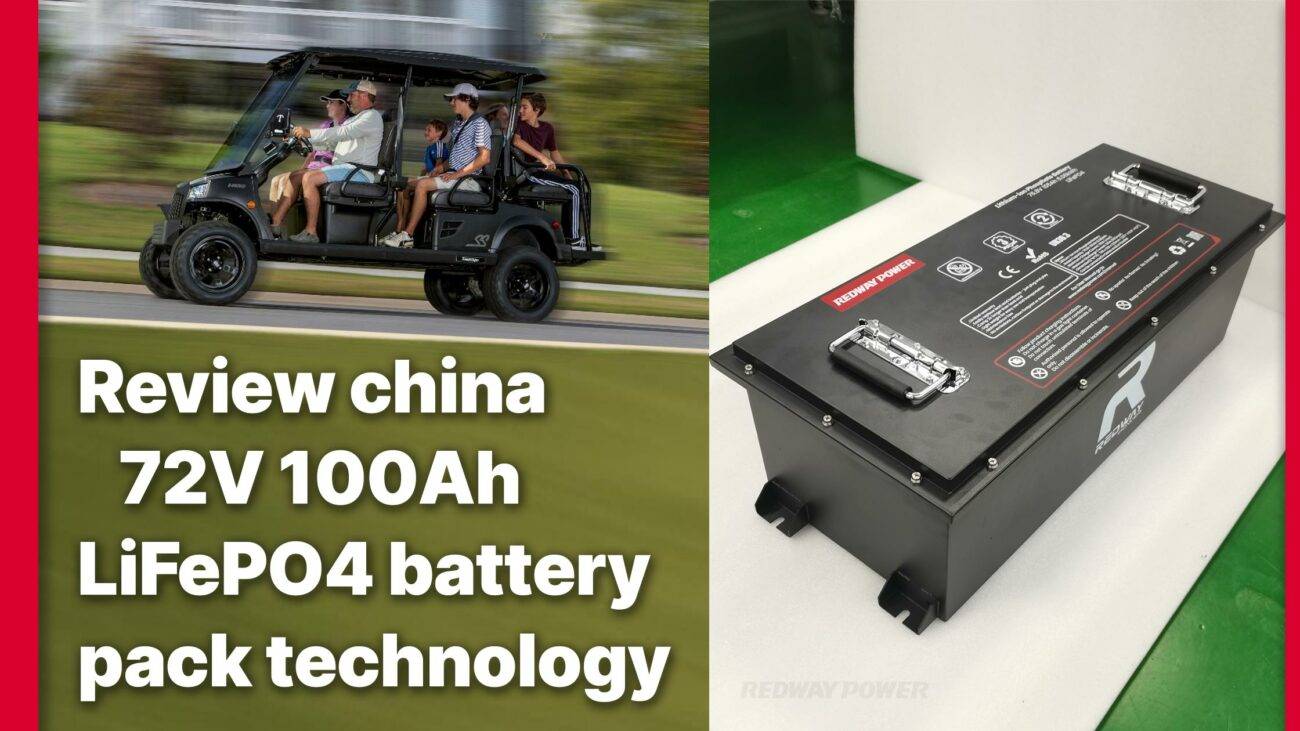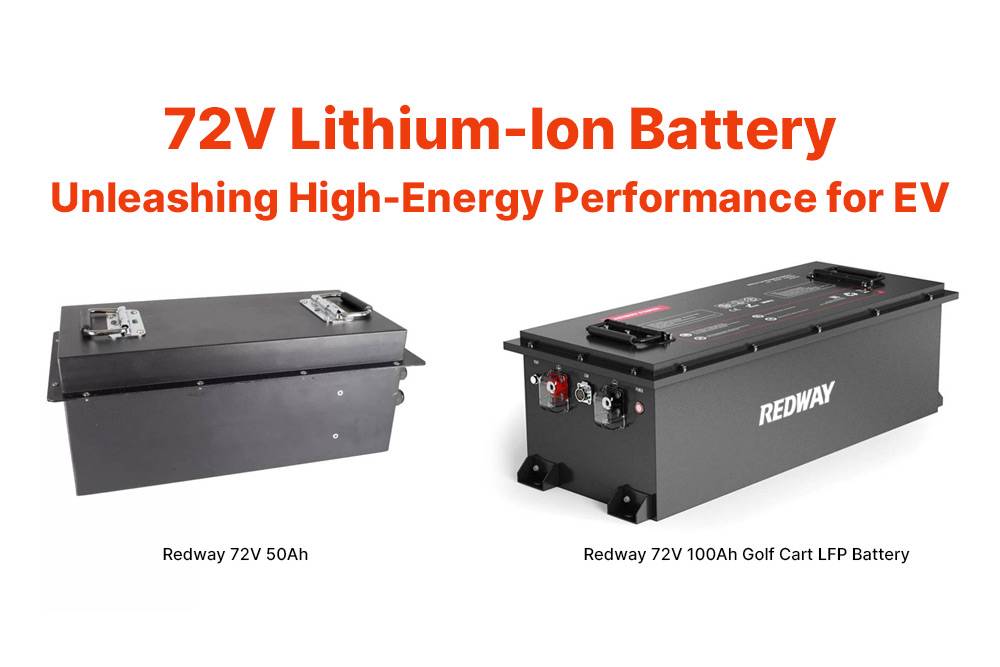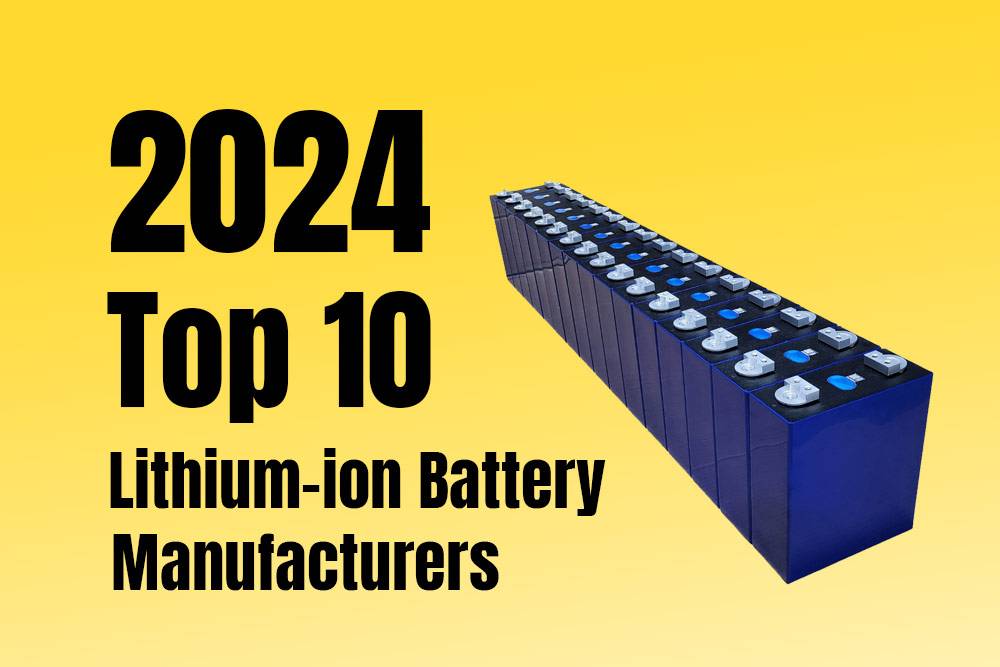- Forklift Lithium Battery
-
48V
- 48V 210Ah
- 48V 300Ah
- 48V 420Ah (949 x 349 x 569 mm)
- 48V 420Ah (950 x 421 x 450 mm)
- 48V 456Ah
- 48V 460Ah (830 x 630 x 590 mm)
- 48V 460Ah (950 x 421 x 450 mm)
- 48V 460Ah (800 x 630 x 600 mm)
- 48V 460Ah (820 x 660 x 470 mm)
- 48V 500Ah
- 48V 560Ah (810 x 630 x 600 mm)
- 48V 560Ah (950 x 592 x 450 mm)
- 48V 600Ah
- 48V 630Ah
-
48V
- Lithium Golf Cart Battery
- 12V Lithium Battery
12V 150Ah Lithium RV Battery
Bluetooth App | BCI Group 31
LiFePO4 Lithium
Discharge Temperature -20°C ~ 65°C
Fast Charger 14.6V 50A
Solar MPPT Charging - 24V Lithium Battery
- 36V Lithium Battery
- 48V Lithium Battery
-
48V LiFePO4 Battery
- 48V 50Ah
- 48V 50Ah (for Golf Carts)
- 48V 60Ah (8D)
- 48V 100Ah (8D)
- 48V 100Ah
- 48V 100Ah (Discharge 100A for Golf Carts)
- 48V 100Ah (Discharge 150A for Golf Carts)
- 48V 100Ah (Discharge 200A for Golf Carts)
- 48V 150Ah (for Golf Carts)
- 48V 160Ah (Discharge 100A for Golf Carts)
- 48V 160Ah (Discharge 160A for Golf Carts)
-
48V LiFePO4 Battery
- 60V Lithium Battery
-
60V LiFePO4 Battery
- 60V 20Ah
- 60V 30Ah
- 60V 50Ah
- 60V 50Ah (Small Size / Side Terminal)
- 60V 100Ah (for Electric Motocycle, Electric Scooter, LSV, AGV)
- 60V 100Ah (for Forklift, AGV, Electric Scooter, Sweeper)
- 60V 150Ah (E-Motocycle / E-Scooter / E-Tricycle / Tour LSV)
- 60V 200Ah (for Forklift, AGV, Electric Scooter, Sweeper)
-
60V LiFePO4 Battery
- 72V~96V Lithium Battery
- Rack-mounted Lithium Battery
- E-Bike Battery
- All-in-One Home-ESS
- Wall-mount Battery ESS
-
Home-ESS Lithium Battery PowerWall
- 24V 100Ah 2.4kWh PW24100-S PowerWall
- 48V 50Ah 2.4kWh PW4850-S PowerWall
- 48V 50Ah 2.56kWh PW5150-S PowerWall
- 48V 100Ah 5.12kWh PW51100-F PowerWall (IP65)
- 48V 100Ah 5.12kWh PW51100-S PowerWall
- 48V 100Ah 5.12kWh PW51100-H PowerWall
- 48V 200Ah 10kWh PW51200-H PowerWall
- 48V 300Ah 15kWh PW51300-H PowerWall
PowerWall 51.2V 100Ah LiFePO4 Lithium Battery
Highly popular in Asia and Eastern Europe.
CE Certification | Home-ESS -
Home-ESS Lithium Battery PowerWall
- Portable Power Stations
How to Choose Between Lithium-Ion and Lithium-Polymer Batteries
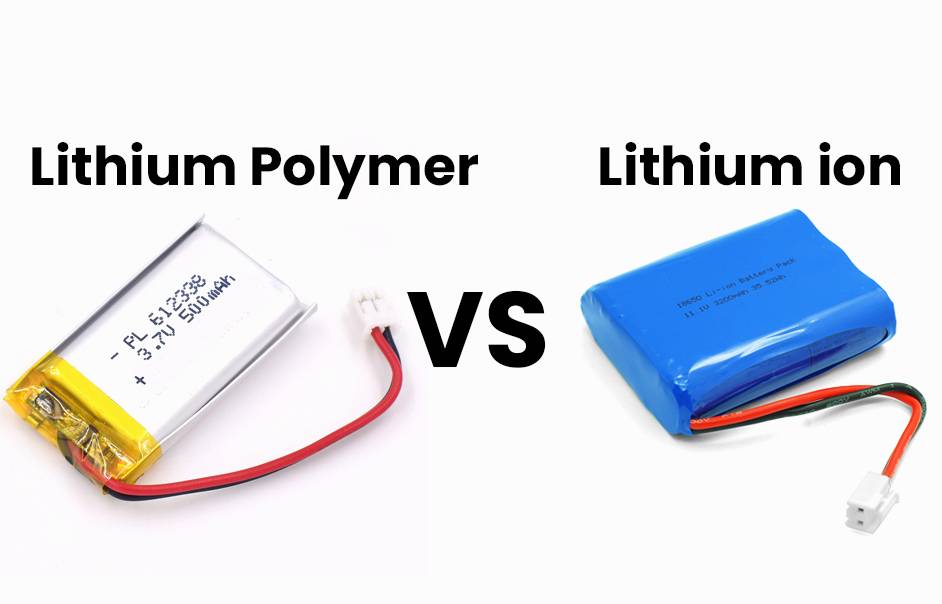
Lithium-ion (Li-ion) and lithium-polymer (LiPo) batteries are both widely used in modern electronics, but they have distinct characteristics that make them suitable for different applications. Understanding their differences can help you choose the right battery for your needs.
What are the key differences between lithium-ion and lithium-polymer batteries?
The primary distinction between lithium-ion and lithium-polymer batteries lies in their electrolyte composition and packaging. Lithium-ion batteries use a liquid electrolyte enclosed in a rigid casing, while lithium-polymer batteries utilize a gel-like or solid polymer electrolyte, allowing for flexible shapes and sizes.
| Feature | Lithium-Ion (Li-ion) | Lithium-Polymer (LiPo) |
|---|---|---|
| Electrolyte | Liquid | Gel-like or solid |
| Shape | Rigid casing | Flexible packaging |
| Energy Density | Higher energy density | Potentially higher energy density |
| Weight | Heavier | Lighter |
| Cost | Generally cheaper | More expensive |
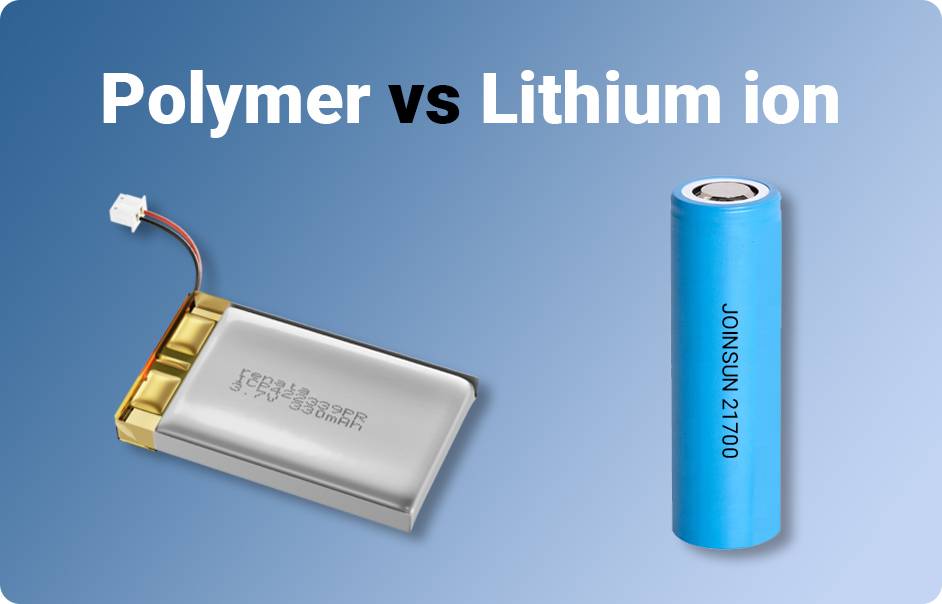
How do lithium-ion batteries work?
Lithium-ion batteries operate by moving lithium ions from the anode to the cathode during discharge, releasing energy in the process. When charging, the ions move back to the anode, storing energy for future use.
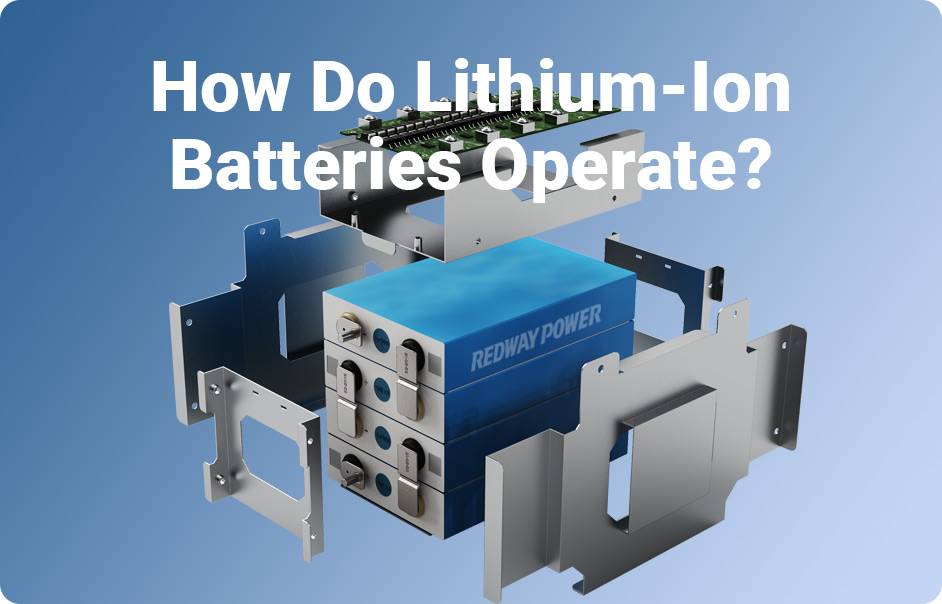
How do lithium-polymer batteries work?
Lithium-polymer batteries function similarly to lithium-ion batteries but use a polymer electrolyte that allows for flexibility in design. This design choice enables manufacturers to create batteries that fit into unconventional spaces while maintaining performance.
Why are lithium-ion batteries generally more popular?
Lithium-ion batteries are favored for their higher energy density, longer lifespan, and lower cost compared to their polymer counterparts. They are commonly found in devices such as smartphones, laptops, and electric vehicles due to their stability and efficiency.
What are the advantages of lithium-polymer batteries?
Lithium-polymer batteries offer several benefits:
- Flexible Design: Their ability to be manufactured in various shapes makes them ideal for compact devices.
- Lightweight: They typically weigh less than traditional Li-ion batteries, enhancing portability.
- Safety: The gel-like electrolyte reduces the risk of leakage, making them safer in certain applications.
How do safety features compare between lithium-ion and lithium-polymer batteries?
Both battery types have inherent safety risks, such as overheating or overcharging. However, LiPo batteries tend to be safer due to their flexible packaging that mitigates damage from external pressure. Conversely, Li-ion batteries are more robust but can pose risks if damaged.
| Safety Feature | Lithium-Ion (Li-ion) | Lithium-Polymer (LiPo) |
|---|---|---|
| Leakage Risk | Moderate | Low |
| Swelling Issues | Rare | Common under overcharging |
| Packaging Robustness | Rigid | Flexible |
What factors should you consider when choosing a battery type?
When selecting between Li-ion and LiPo batteries, consider:
- Application Needs: Choose based on size constraints or weight requirements.
- Cost: Evaluate your budget; Li-ion is generally more affordable.
- Safety Requirements: Assess the potential risks based on usage scenarios.
How do charging requirements differ for lithium-ion and lithium-polymer batteries?
Lithium-ion batteries can often be charged with standard chargers due to their broader voltage range compatibility. In contrast, lithium-polymer batteries require specialized chargers that monitor voltage levels closely to prevent overcharging.
What are the latest trends in battery technology?
Recent advancements include improvements in battery chemistry aimed at increasing energy density while reducing costs. Solid-state battery technology is also emerging as a promising alternative, offering enhanced safety features compared to both Li-ion and LiPo technologies.
Industrial News
Recent developments in battery technology highlight significant advancements in both lithium-ion and lithium-polymer sectors. Companies are investing heavily in research aimed at improving energy density while addressing safety concerns associated with thermal runaway incidents in electric vehicles. Additionally, the demand for lighter, flexible battery solutions is driving innovation in manufacturing processes.
Redway Power Expert Views
“Choosing between lithium-ion and lithium-polymer ultimately depends on your specific application needs,” states an industry expert at Redway Power. “While Li-ion offers stability and cost-effectiveness, LiPo’s flexibility can be advantageous for unique designs requiring lightweight solutions.”
FAQs
- How do lithium polymer batteries work and what are their advantages?
Lithium polymer batteries operate using a polymer electrolyte that allows lithium ions to move between the anode and cathode during charging and discharging. Advantages include lightweight design, high energy density, flexibility in shape, and improved safety due to reduced risk of leakage compared to traditional batteries. - What are the common applications for lithium polymer batteries?
Lithium polymer batteries are commonly used in consumer electronics such as smartphones, tablets, and laptops. They are also found in drones, remote-controlled vehicles, medical devices, and electric vehicles due to their lightweight nature and high energy density. - Why are lithium polymer batteries preferred in consumer electronics?
Lithium polymer batteries are preferred in consumer electronics because they offer a high energy density in a lightweight package, allowing for thinner designs. Their ability to be shaped into various forms also enables manufacturers to create compact devices without compromising performance. - How do lithium polymer and lithium-ion batteries differ in composition?
Lithium polymer batteries use a gel-like or solid polymer electrolyte, while lithium-ion batteries use a liquid electrolyte. This difference allows lithium polymer batteries to be more flexible in shape and design, making them suitable for various applications where space is limited. - What are the advantages of lithium polymer batteries over lithium-ion?
Lithium polymer batteries provide several advantages over lithium-ion batteries, including lighter weight, higher energy density, customizable shapes, and improved safety features. They also have lower internal resistance, allowing for faster charging and discharging rates. - Why is energy density important in battery selection?
Energy density is crucial because it determines how much energy a battery can store relative to its weight or volume. Higher energy density allows for longer usage times between charges and enables smaller battery designs, which is essential for portable electronic devices. - How do lithium and polymer batteries differ in composition?
Lithium polymer batteries contain a solid or gel-like electrolyte that enhances flexibility and safety compared to traditional lithium-ion batteries, which utilize a liquid electrolyte. This structural difference allows for various form factors tailored to specific applications. - What are the advantages and disadvantages of lithium polymer batteries?
Advantages of lithium polymer batteries include lightweight design, high energy density, flexibility in shape, and lower risk of leakage. Disadvantages include sensitivity to overcharging and potential fire hazards if not handled properly. They also tend to be more expensive than traditional battery types. - Why do lithium-ion batteries generally have a longer lifespan?
Lithium-ion batteries typically have a longer lifespan due to their stable chemistry and lower self-discharge rates. They can endure more charge-discharge cycles without significant capacity loss compared to lithium polymer batteries, making them ideal for applications requiring longevity.
More FAQs
- Which is better: lithium-ion or lithium polymer?
The choice between lithium-ion (Li-ion) and lithium-polymer (LiPo) batteries depends on specific needs. Li-ion batteries generally offer higher energy density and longer lifespan, making them suitable for high-capacity applications. In contrast, LiPo batteries provide flexibility in shape and size, ideal for compact devices, but may have a shorter lifespan. - Is charging Li-ion better than LiPo?
Charging lithium-ion batteries is often more straightforward since they are compatible with a wider range of chargers. Lithium-polymer batteries require specialized chargers due to their sensitivity to overcharging, which can lead to safety issues. Therefore, charging Li-ion batteries is generally considered easier and safer. - Can I replace a lithium-ion battery with a lithium polymer?
Replacing a lithium-ion battery with a lithium-polymer battery is not recommended without careful consideration. While both types share similar chemistry, their charging requirements and physical characteristics differ significantly. Ensure that the device supports the specifications of the LiPo battery before attempting a replacement. - How long do lithium-polymer batteries last?
Lithium-polymer batteries typically last around 2 to 3 years, depending on usage and maintenance. They may degrade faster if not used regularly or stored at optimal charge levels. Proper care can help extend their lifespan compared to neglectful handling. - What are the disadvantages of lithium-polymer batteries?
Lithium-polymer batteries have several disadvantages, including a shorter lifespan compared to lithium-ion batteries, higher manufacturing costs, and sensitivity to overcharging. They also require specialized chargers and can be prone to swelling or damage if not handled properly. - What lasts longer: lithium-ion or lithium polymer?
Lithium-ion batteries generally last longer than lithium-polymer batteries. An average Li-ion battery can provide reliable performance for 2 to 3 years, while LiPo batteries may have a shorter lifespan due to their design and chemical properties. - Can I charge a lithium polymer battery with a lithium ion charger?
Charging a lithium-polymer battery with a lithium-ion charger is not advisable unless the charger specifically supports both types. LiPo batteries have unique charging requirements that standard Li-ion chargers may not meet, potentially leading to safety risks. - Which is better: LiFePO4 vs. LiPo?
Lithium Iron Phosphate (LiFePO4) batteries are generally safer and have a longer cycle life compared to lithium-polymer batteries. While LiFePO4 offers lower energy density, it excels in thermal stability and longevity, making it suitable for applications requiring durability over weight or compactness. - How long does a lithium-polymer battery last compared to lithium-ion?
Lithium-polymer batteries usually last 2 to 3 years, similar to lithium-ion batteries; however, Li-ion often outlasts them under comparable conditions. The longevity of each type can vary based on usage patterns and maintenance practices. - What is a lithium-polymer battery and how does it differ from lithium-ion?
A lithium-polymer battery uses a gel-like or solid polymer electrolyte instead of the liquid electrolyte found in lithium-ion batteries. This allows for greater flexibility in design but often results in lower energy density and shorter lifespan compared to traditional Li-ion cells.
















